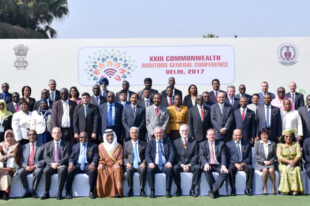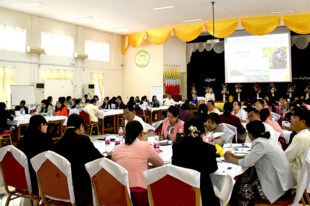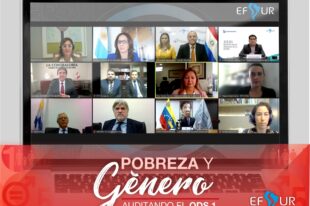In December 2020, the Parliament of the Republic of Lithuania passed a new version of the Law on National Audit Office, establishing a legal regulation in line with current requirements for public audits. The new version of the law, which comes into effect on July 1, 2021, provides for the functional, organizational, and financial independence of the National Audit Office of Lithuania (NAOL), the country’s Supreme Audit Institution (SAI). This will enable NAOL to ensure the transparency and integrity of public management, audit quality, unbiased assessments, and accountability.
The importance of SAI independence is laid out in the Lima and Mexico declarations, and is embedded in United Nations General Assembly Resolutions A/66/209 (2011) and A/69/228 (2014). In 2019, NAOL’s peer review team pointed out that the existing national legal framework could affect NAOL’s independence and encouraged discussions about amending the law, under which NAOL was part of the national civil service. The Secretary General of INTOSAI also supported NAOL’s enhanced independence and autonomy.
The new version of the law will better enable NAOL to align its audits with the International Standards of Supreme Audit Institutions. It will introduce three audit types (compliance, performance, and financial); mandate that NAOL report on all audit results to the Parliamentary Audit Committee; and require that NAOL submit reports on the implementation of recommendations to the Parliament and publish them. The law will also require a system for following up on audit recommendations and establish a compulsory external evaluation.
In addition, the law will enable NAOL to redefine its organizational structure in a manner that supports its activities and reflects its available resources. This new structure will enable NAOL to respond to external changes with agility, conduct audits on interdisciplinary topics, and meet audit quality requirements.
The adoption of the law is a significant milestone in the history of NAOL, whose legal regulation has not been substantially reviewed since 2002. However, NAOL has taken on additional functions over time. In 2003, NAOL was entrusted with the Audit Authority for European Union Financial Assistance, and since 2015, NAOL has monitored budget policy as an Independent Fiscal Institution.






